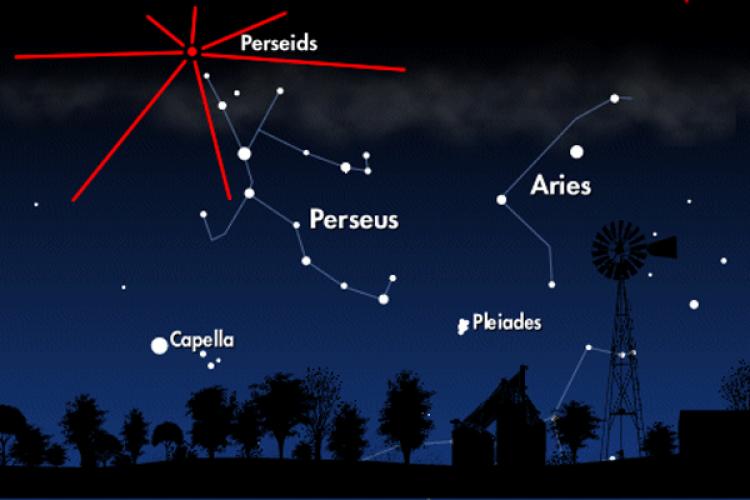Above, Greenwich’s Astronomy Photographer of the Year 2013 David Kingham combined 23 individual stills over several hours to depict a Perseid meteor.
I am pleased to announce that my readership has gone over 700,000 people worldwide. Thank you and praise Yeshua!
There is going to be a meteor shower on
12th of August, 2017. According to astronomers this will be the brightest
shower in the recorded human history. It will light up the night sky and some
of these might even be visible during the day. This meteor shower is being
considered as once in a lifetime opportunity as the next meteor shower of such
kind will be after 96 years.
The
Perseid meteor shower, one of the brighter meteor showers of the year, occurs
every year between July 17 and August 24. The shower tends to
The
best time to view the Perseids, and most other meteor showers, is when the sky
is the darkest. Most astronomers suggest that depending on the Moon’s phase,
the best time to view meteor showers is right before dawn.
The
Perseids can be seen in the Northern Hemisphere. Look between the radiant,
which will be in the north-east part of the sky, and the zenith (the point in
the sky directly above you).
While
you can easily see a shooting star with the naked eye just looking straight up,
the table below shows the exact direction of the Perseids from your location.
The
Perseids can be seen in the Northern Hemisphere. Look between the radiant,
which will be in the north-east part of the sky, and the zenith (the point in
the sky directly above you).



No comments:
Post a Comment